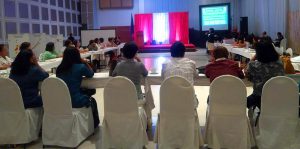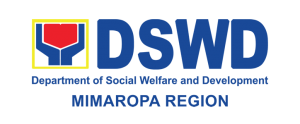
PUERTO PRINCESA CITY- In compliance with the Data Privacy Act, the Listahanan of the Department of Social Welfare and Development (DSWD) MIMAROPA conducted a one-day dialogue for Palawan local government units (LGUs) to advocate the new data sharing protocols and guidelines yesterday in this city.
Data sharing is the last phase of the Listahanan project cycle which makes the data of poor households available to social protection stakeholders.
“Data Privacy Act of 2012 or RA 10173 protects individual personal information stored in information and communications systems of the government and the private sector. It aims to protect the fundamental human right to privacy while ensuring the free flow of information to promote innovation and growth,” told Atty. Ma. Josefina Mendoza of National Privacy Commission.
To establish a systematic way of data sharing, the Memorandum of Agreement (MOA) between the stakeholder and the DSWD is also required.
“All stakeholders requesting access to the 2015 Listahanan regional profile of the poor are required to designate a Data Protection Officer who shall plan, implement, and evaluate policies for data privacy and security,” said Regional Coordinator Ernie Jarabejo.
Data to be shared shall be used for purposes of social protection activities, added Jarabejo.
On the other hand, LGUs can request statistical data of the poor through a letter to the DSWD enumerating the data needed and the reasons for the request.
DSWD reminds that all responsible persons guilty of violating RA 10173 may be sentenced from six months to seven years in prison and fined an amount ranging from 500 thousand to eight million, depending on the gravity and frequency of the crime committed.
The said dialogue was participated by mayors, local social welfare and development officers and local planning development coordinators.
Listahanan is the government mechanism of mapping out poor families in the country who eventually became beneficiaries of government’s pro-poor programs. ###
![]()


